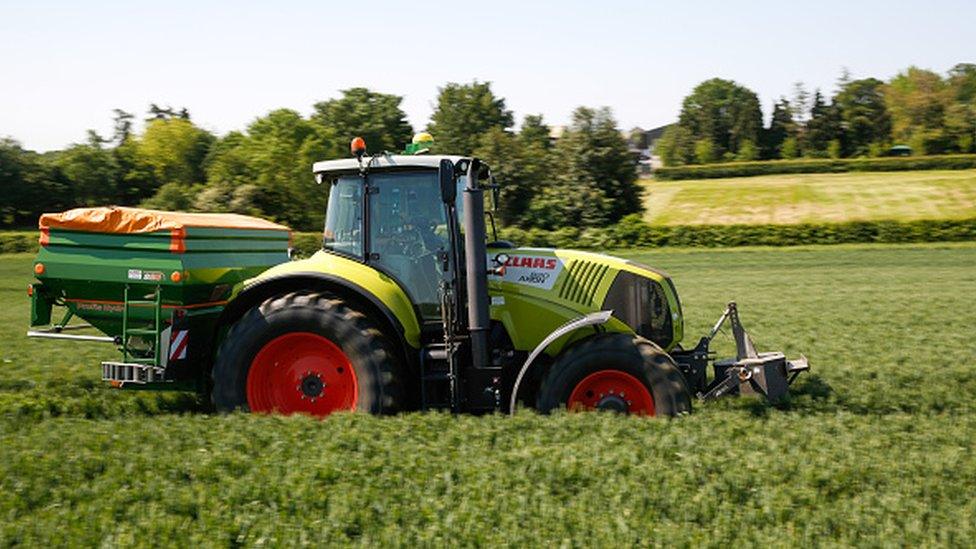Fears Welsh farmers will lose meat markets over Brexit
- Published
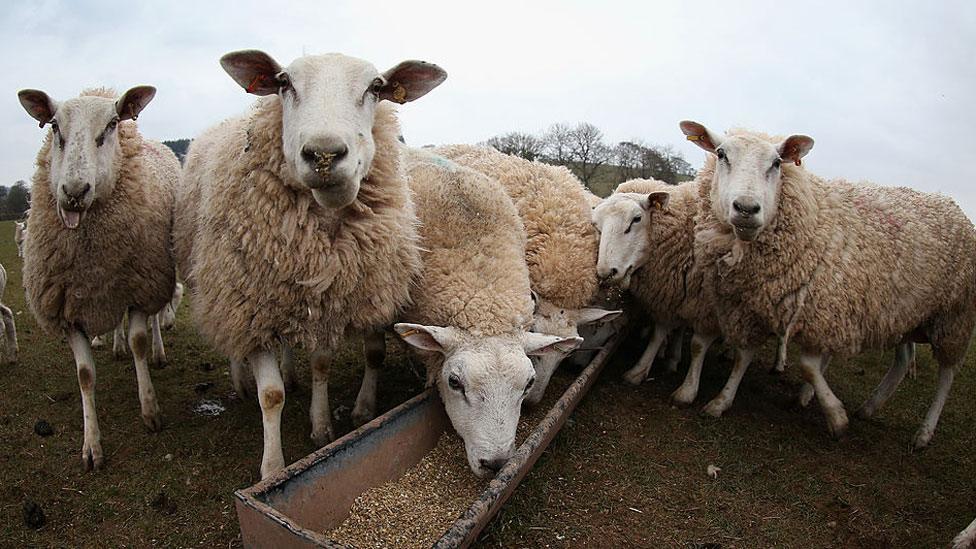
Welsh farmers are among those "with most to lose" if the UK fails to negotiate a trade deal before it leaves the EU, it has been claimed.
Welsh meat promoter Hybu Cig Cymru said it was "not realistic" to attract enough new markets to make up for "the likes of France, Italy and Germany".
It has this week helped broker a deal to supply 300 supermarkets in Canada, after "a number of years" of work.
Currently more than 90% of Welsh red meat exports are destined for the EU.
Dai Davies, chairman of HCC, said Wales had led the way in terms of lamb exports, selling more to markets beyond Europe than any other EU region.
But he said it could take years to have a "breakthrough".
"When you get access to a market, the retailers don't suddenly go 'come on then'. You have to displace someone else to get your product into a shop."
"As far as the US is concerned, we've been involved in developing that market for the last eight years and we're still not there yet."
Unless a trade agreement is struck with the EU after Brexit, HCC claimed farm gate prices would drop significantly as exports would be subject to tariffs.
For sheep meat, the current tariff rates are 12.8% plus £1.50/kg (€1.71/kg).
That would "have a considerable impact", Mr Davies explained, arguing that politicians would need to react with some sort of "cushioning effect" through imposing similar tariffs on goods imported into the UK.
Chairman Dai Davies said Welsh farmers have the "most to lose" over Brexit
Industry representatives are gathering in Llanelwedd, Powys, for a conference on farming in Wales post-Brexit.
Hundreds are expected to attend the event, organised by the Farmers Union of Wales.
The opening lecture will be given by economist Warwick Lightfoot, head of research at the think tank Policy Exchange on the opportunities Brexit provides.
He told BBC Wales that farmers would "have to learn to operate in a new world where there will not be a semi-protected market".
But at the same time he said Brexit gave the UK a chance to form a better targeted farming policy.
"What we don't want is expensive, poorly focused subsidies helping big international businesses - often against the interests of the traditional farm and the consumer," he said.
"You [in Wales] need to make your case nationally - there are farming communities up and down the UK where one size doesn't fit all.
"We should be able to get a better focused approach and look at things afresh."
Farmers' Union of Wales president Glyn Roberts said one opportunity he saw was the chance to ensure more procurement of Welsh food and drink within the public sector.
"Within the EU, procurement deals have to be tendered within Europe - we could change the criteria to buy local and focus on mitigating carbon emissions," he said.
"That would create a bigger market domestically for our meat."
- Published25 August 2016
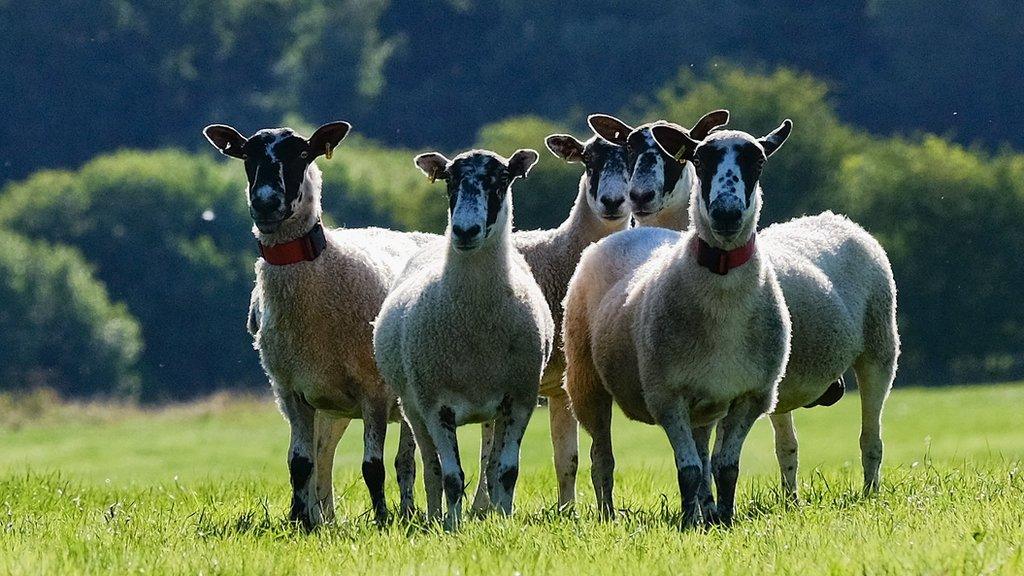
- Published17 August 2016
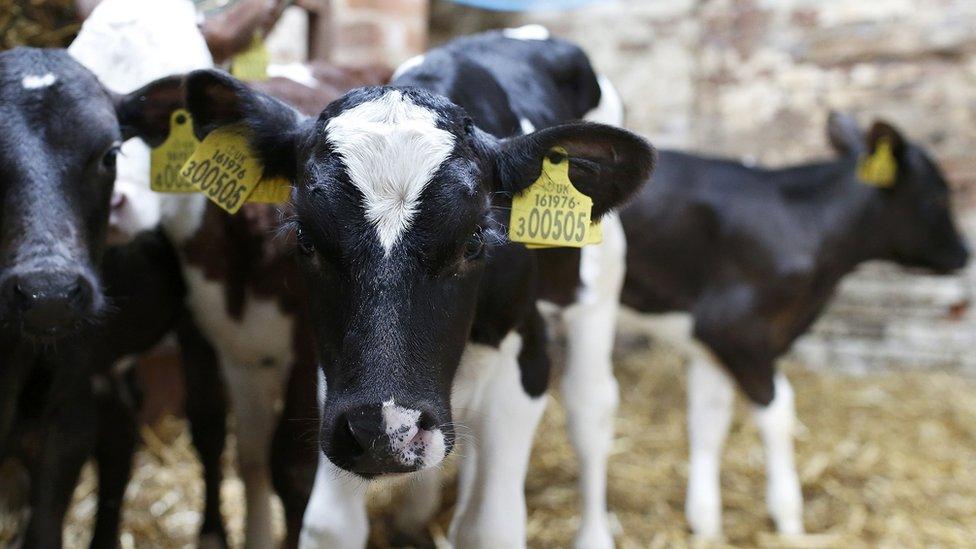
- Published18 July 2016
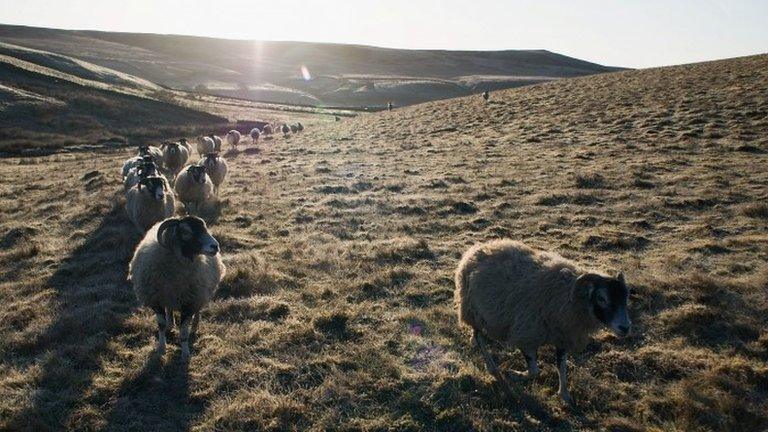
- Published4 July 2016
